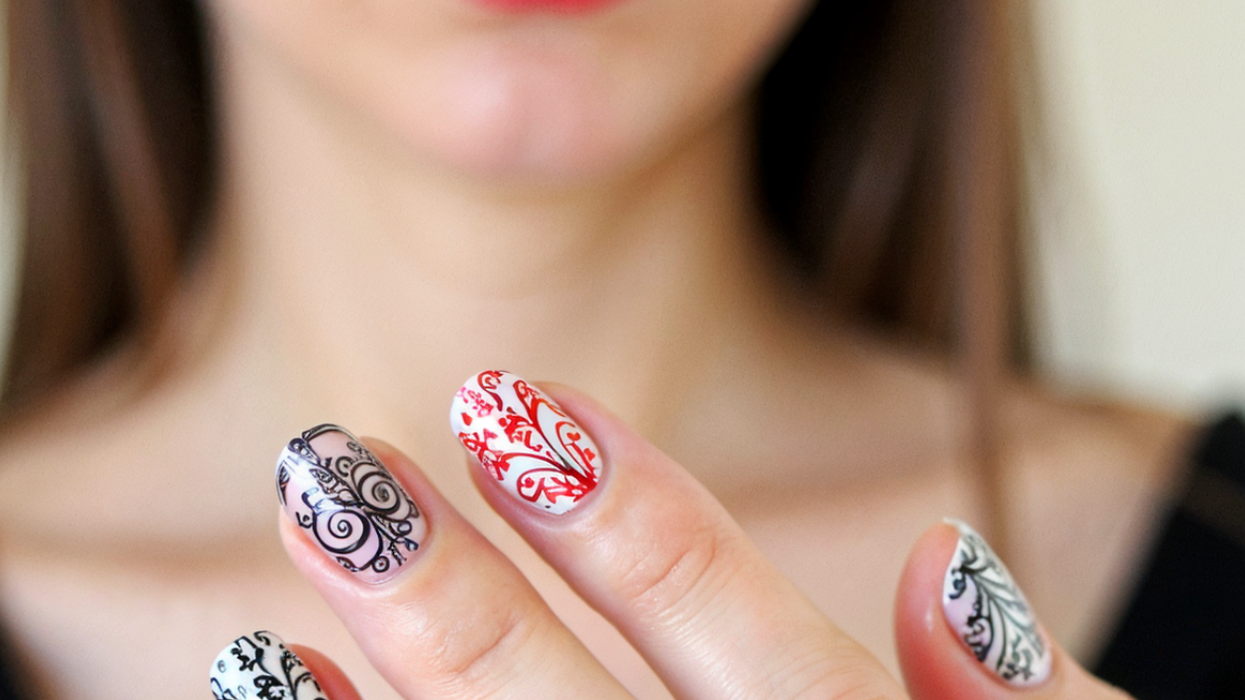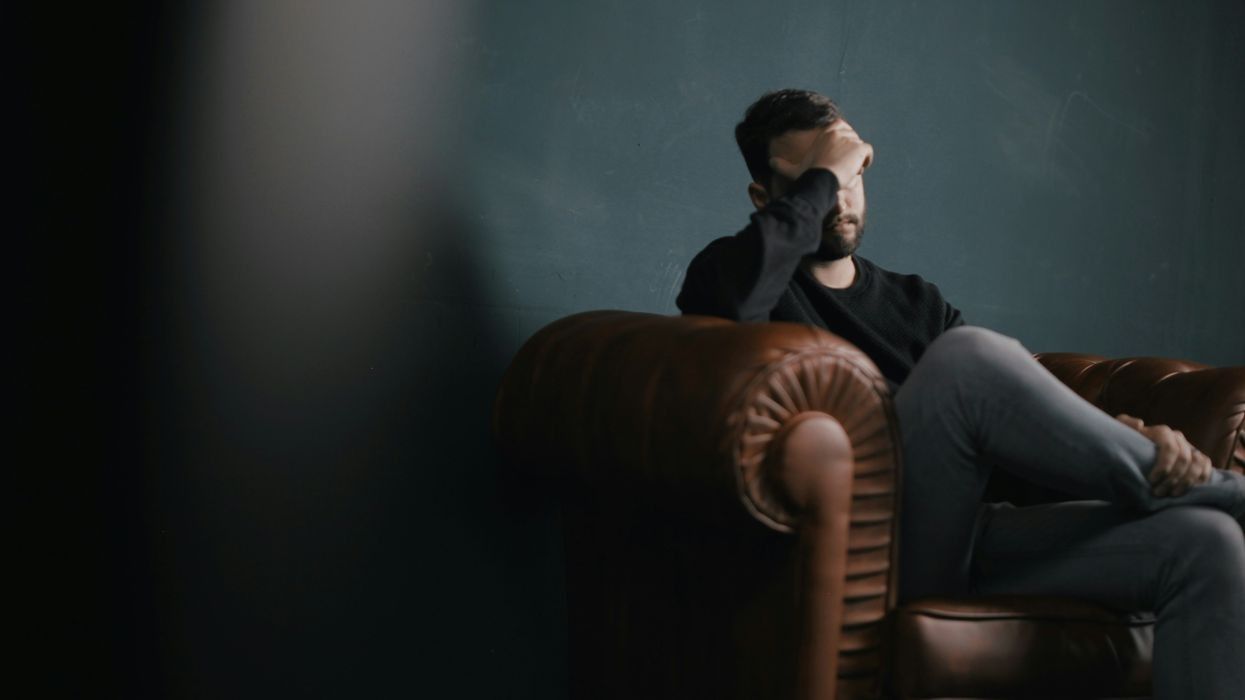Whitney Carpenter, an oncology nurse at Levine Cancer Institute in South Carolina, is transforming patient care with an innovative idea gaining national attention. Featured on CBS News’ Heart of AmericaHeart of America, she makes specialized shirts for cancer patients undergoing chemotherapy, providing them at no cost. These shirts address a significant issue for patients with chest ports—maintaining comfort and dignity during treatment.
For many, accessing a port during chemotherapy is physically uncomfortable and emotionally challenging. Traditional clothing often doesn’t meet the unique needs of port access, requiring awkward adjustments that leave patients feeling exposed. Specialized port shirts exist but can cost over $100, making them inaccessible for many facing high medical bills.
Carpenter recognized this care gap and began crafting port shirts with discreet openings. These handmade garments solve logistical issues and provide patients with personalized care, comfort and dignity during their difficult journeys. “Because you get to know these people and you care for them in the most difficult time of their lives. It's such a rewarding and fulfilling job to have, but just that little act, I hope, makes them smile."
"And it's such a rewarding and fulfilling job to have. But just that little act, I hope, makes them smile."
— Whitney Carpenter
What are port shirts?
Cancer patients who undergo regular chemotherapy often have a small medical device called a port implanted in their chest. This device makes it easier for healthcare providers to access veins without repeated needle sticks.
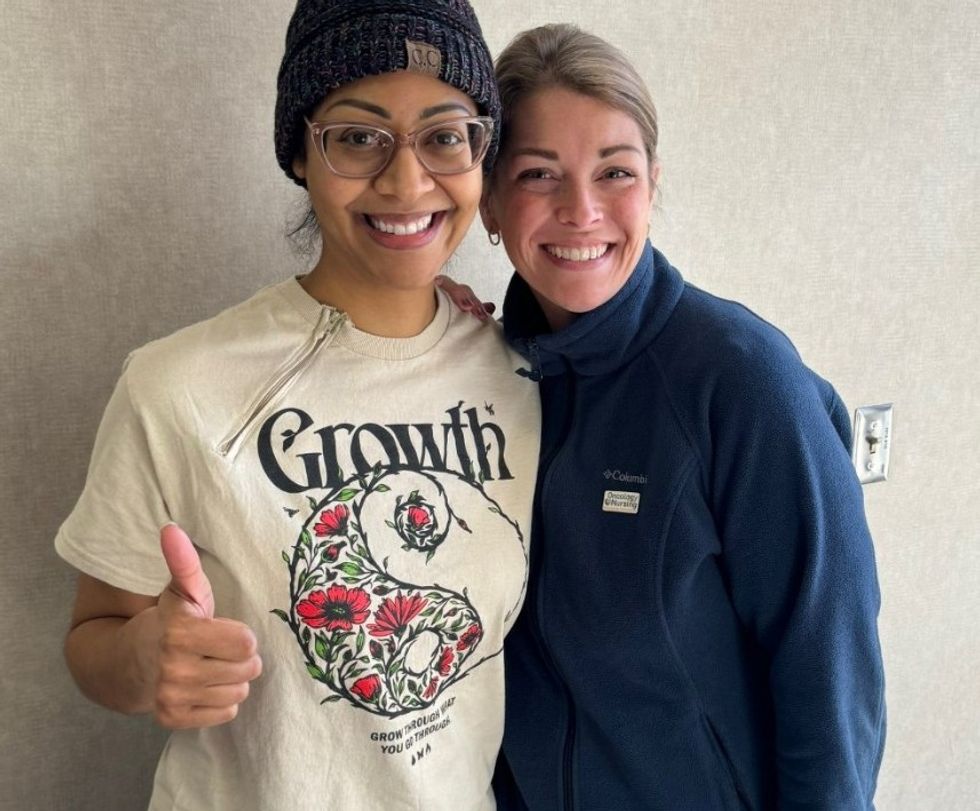
Unfortunately, wearing traditional clothing during treatments can make accessing the port uncomfortable. Port shirts, which feature discreet zippers or openings, solve this problem. However, these specialized garments often have a steep price tag—some exceeding $100—making them out of reach for many patients already coping with the high costs of cancer care.
A nurse’s solution from the heart
Determined to remove this financial obstacle, Carpenter used her sewing skills to create handmade port shirts for her patients. She provides them free of charge, ensuring that those in her care experience greater comfort and convenience during their treatments.
Proud to have Whitney on this team - your commitment to our patients is unmatched! #HeartofAmerica #LovedOneStandard https://t.co/WP9vLKmZRG
— Levine Cancer (@LevineCancer) December 11, 2024
Her thoughtful creations demonstrate how small, personalized acts of compassion can make a world of difference to patients facing one of life’s toughest battles.
Making a difference, one shirt at a time
Carpenter’s homemade port shirts serve as more than just practical clothing; they also enhance the overall patient experience:
- Comfort first: The shirts make it easier to access the port without requiring patients to remove or adjust their clothing, reducing discomfort during treatment sessions.
- Dignity preserved: Patients can maintain privacy and modesty, helping them feel more in control of their care.
- Financial relief: By offering the shirts for free, Carpenter eliminates the burden of purchasing costly specialized clothing.
- Emotional care: This personal touch helps patients feel valued and boosts morale during an emotionally and physically draining time.
Inspiring change in healthcare
Carpenter’s initiative has captured attention across media outlets, sparking conversations about patient-centered innovations in healthcare. Her story reminds others in the medical field that addressing practical and emotional needs can significantly enhance patient care.
Her grassroots effort is a testament to the idea that meaningful healthcare improvements don’t always require cutting-edge technology or extensive funding. Sometimes, all it takes is a simple, compassionate idea and the drive to see it through.
How you can support
Stories like Carpenter’s highlight the need for broader access to affordable solutions for cancer patients. Healthcare providers and communities can take inspiration from her initiative by identifying similar gaps in care and acting to fill them.
If you know someone undergoing chemotherapy, there are thoughtful ways to offer support during their journey. One idea is creating a chemotherapy "go bag" filled with essentials to make treatment days more comfortable. Consider including items like cozy socks, a soft blanket, unscented lotion, ginger candies for nausea, a reusable water bottle, crossword puzzles or adult coloring books for passing the time, and headphones or a relaxing music playlist. Small, personal touches like a handwritten note of encouragement can also go a long way in showing them they’re not alone.
If you’d like to support cancer patients or help provide port shirts to those in need, consider donating to local cancer care charities or volunteering your time and skills. Together, small acts of kindness can create a ripple effect of compassion and innovation.





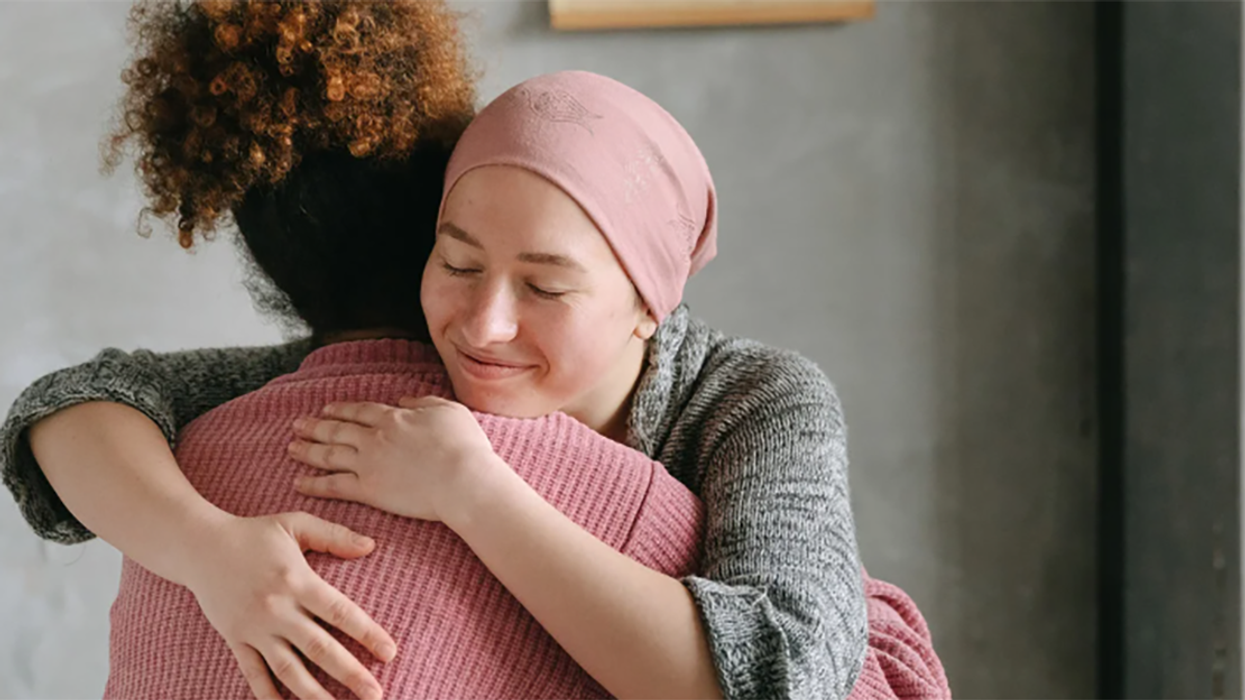






 It wasn't even February, so she wasn't expecting what came next.
It wasn't even February, so she wasn't expecting what came next. 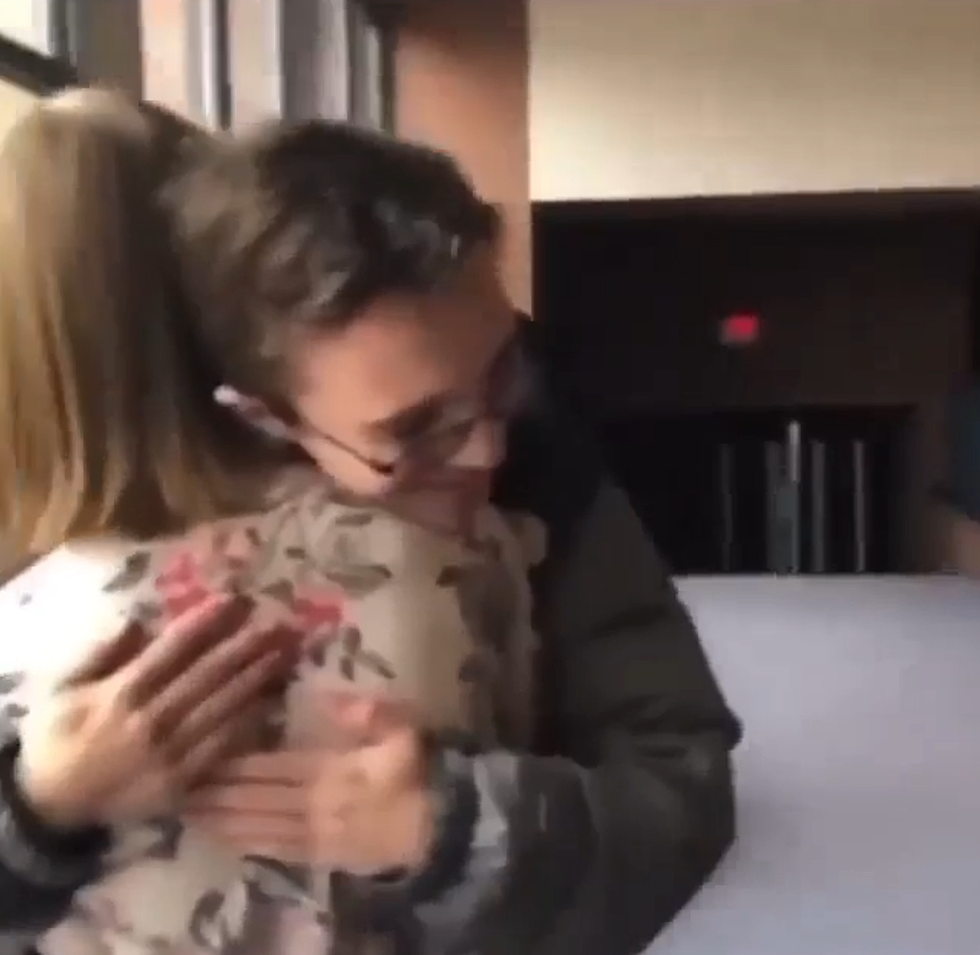 The hug came first, the 'yes' took a few moments more.
The hug came first, the 'yes' took a few moments more. 

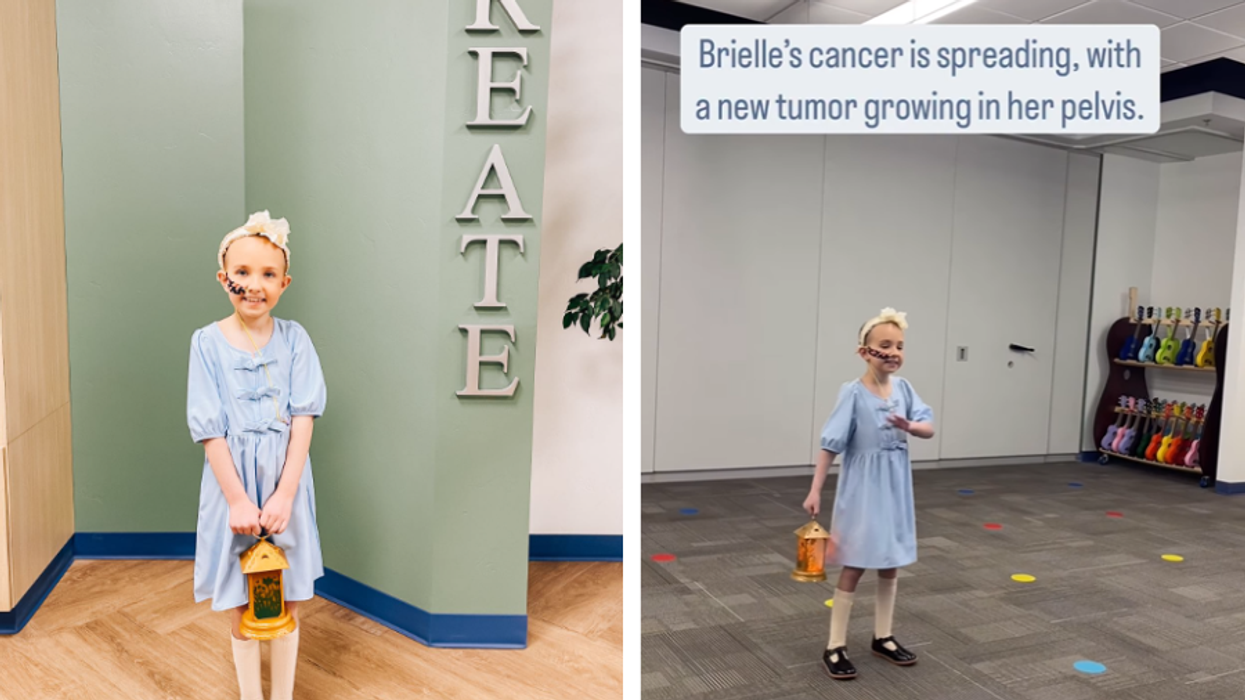
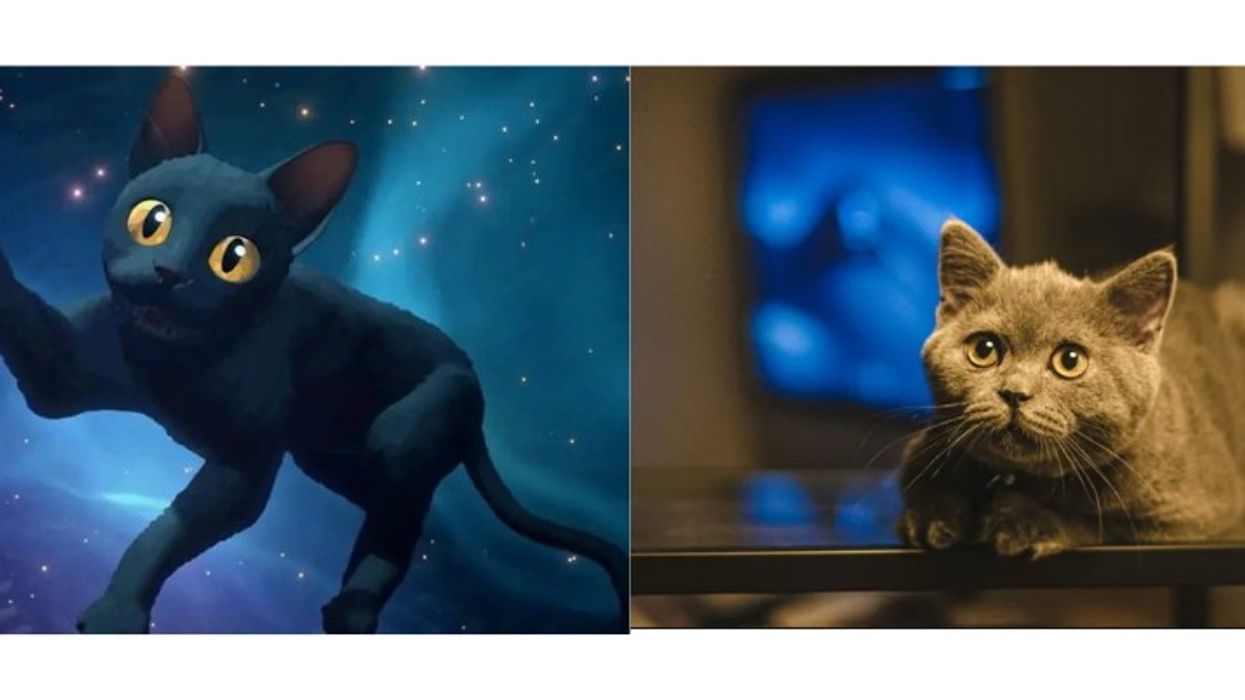
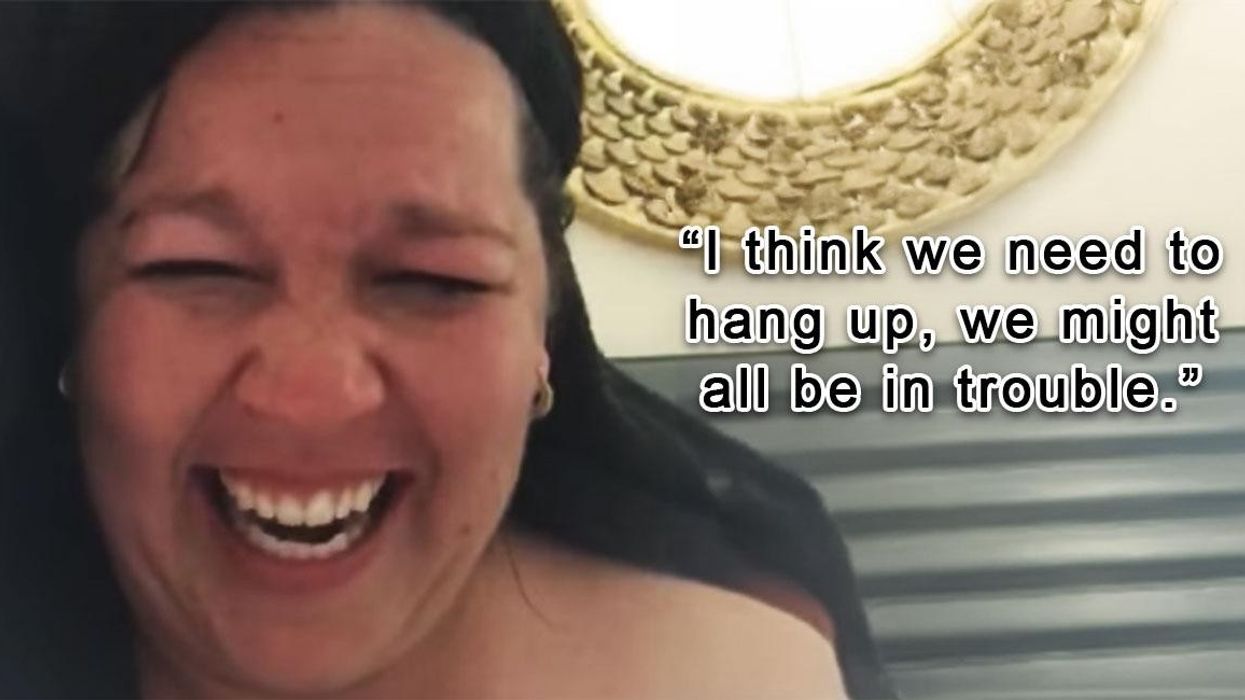


 A golden retriever carries a baseball bat in its mouthCanva
A golden retriever carries a baseball bat in its mouthCanva